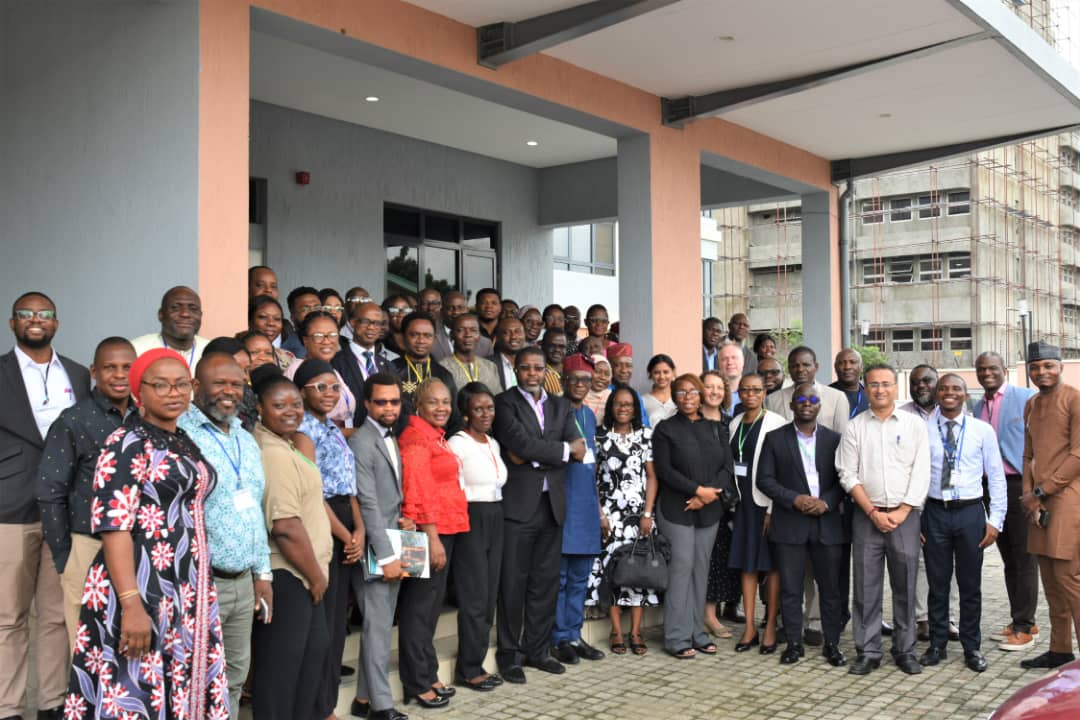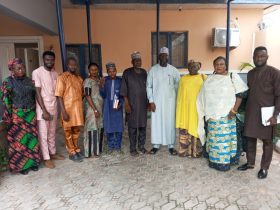By Ahmed Ahmed
The Country Director of WaterAid Nigeria, Evelyn Mere has declared that the impact of climate change on Water Sanitation and Hygiene (WASH) is a threat to Water security.
She stated this at the conference of key partners across the water sector and beyond addressed the need to make sure of the prosperity of the population in Lagos recently.
This is contained in a Press Release signed by Mr Ejura Adama Communications Assistant WaterAid Nigeria made available to our correspondent on Saturday.
It said the International NGO, WaterAid, drawing on decades of experience, is working together with Arup, building on its City Water Resilience Approach (CWRA).
“Both organizations will support the Lagos water authorities and the government to forge a pathway towards a water-secure city. Critically, the team is engaging with a range of investors from multinationals to banks, pension funds, corporations and more.,”
Evelyn Mere said “The impact of climate change on water, sanitation and hygiene (WASH) – and its threat to water security – is becoming increasingly obvious.
“Strengthening the resilience of these vital services is a top priority for WaterAid Nigeria over the next five years, with Lagos as a focal state.
“To move towards sustainable urbanization, the city needs to be resilient to hazards, especially those associated with climate change.” She said,
On her part, CEO of the Resilient Water Accelerator, Kate Hughes, said “Protecting water supplies for people and nature is the best way to secure Lagos against the impacts of climate change.
These impacts are already with us, and the people and businesses of Lagos are already seeing challenges including in the quality of water available, with salinity from sea level rise and pollution from waste,
“All made worse by flooding. We are working to build a shared vision for Lagos’ water system, identifying solutions to get money flowing at scale and speed to where it matters.” She said,
Also speaking, Martin Shouler of Arup said also said presently majority of Lagos’ 23 million citizens struggle to reliably secure water, and strategically
“Vital sectors such as fishing and energy also face immediate threats. Whilst climate resilience needs substantial investment,
“Those costs are dwarfed by the costs of inaction. If we can ensure water resources are secured now, then we can not only avoid disaster but build a firm foundation for prosperity, even as global temperatures continue to rise.” Shouler said.
Our correspondent reports that the conference was a platform for the stakeholders to build up their knowledge and understanding. It brought together over 60 participants from across local, national and international organisations including some key government officials from the Lagos State, and other members of the State Technical Advisory Committee on Water.









1 Comment